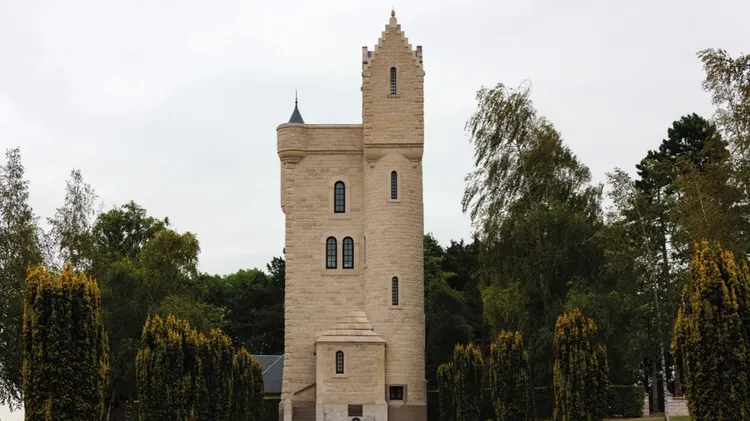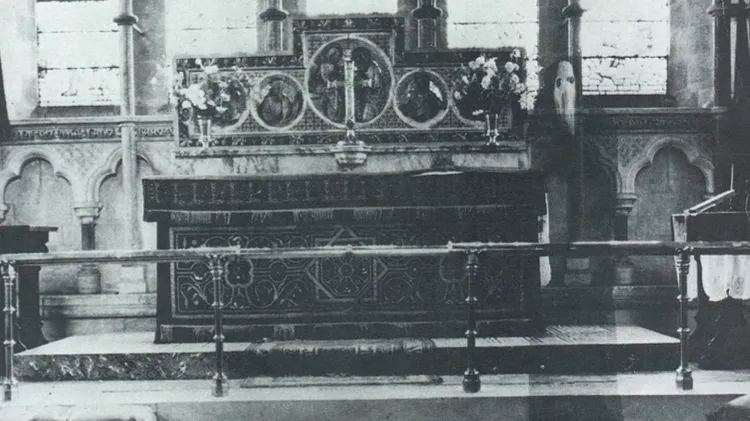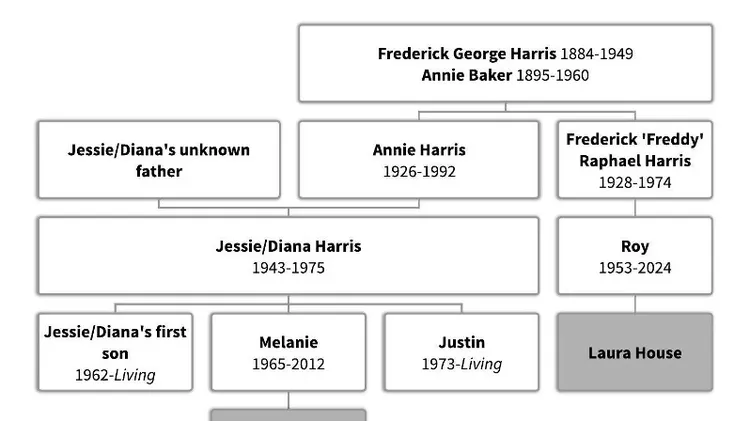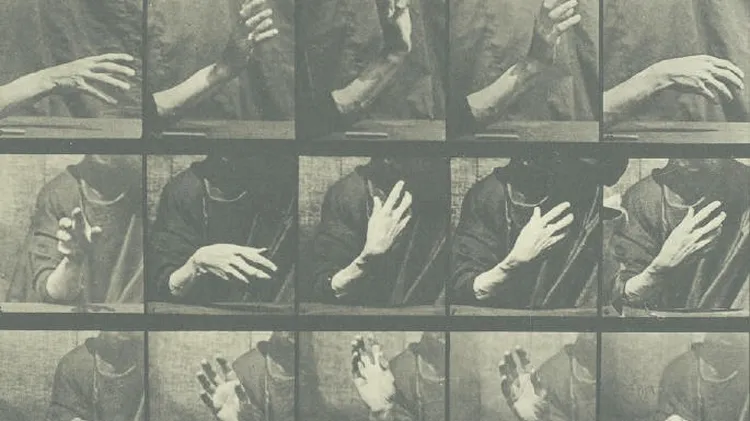Beyond the lunatic asylum of the 19th century its legacy, my family, and the madness within
9 min read
This article is from...
Read this article and 8000+ more magazines and newspapers on Readly






